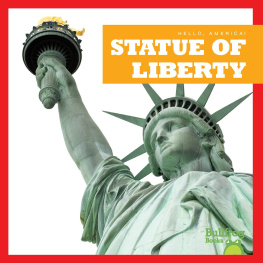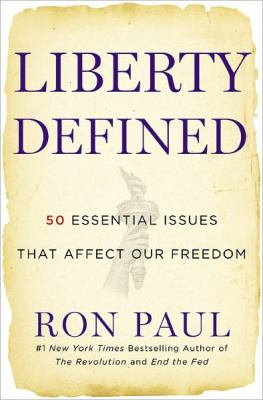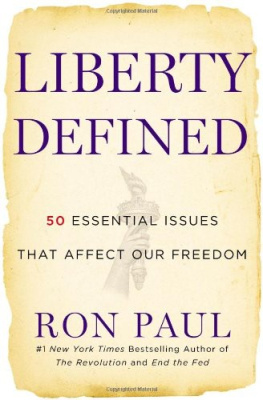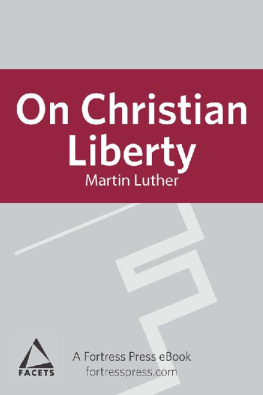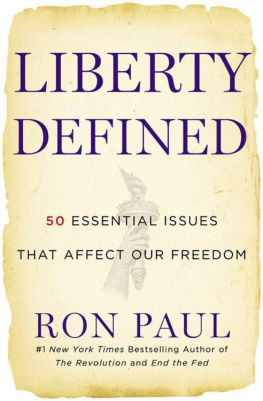1. Introduction: The Meaning of Liberty Beyond the Earth
Since humans first assembled themselves into complex societies, and with great vigour during the Enlightenment, people have wondered: What is freedom?
To date there has been no successful resolution, probably because the word itself, freedom, defies accurate description. Liberty, usually used interchangeably with freedom, is similarly nebulous. No matter how much the question remains unsolvable on account of its inextricable link with human definitions, it nevertheless strikes at the heart of very fundamental and real concerns. The question can perhaps, ironically, be made clearer with a set of more wordy questions such as: To what extent can I be independent from other people?, How much does my ability to express my own ideas and potential depend on being a member of society? and To what extent does my freedom encompass freedom from the state?
During the last 400 years, the breadth and depth of this study has been impressive: Hobbes , Locke , Mandeville , Mills , Filmer , Kant , Berlin , Popper , Marx , Paine , Rawls , Skinner and the list goes on. It is not the purpose of this Introduction to review the arguments and counter-arguments of which this plethora of literature is comprised. However, there is something remarkable about all of these tomesthat none of them addresses how the precepts of freedom and individual liberty might develop or change beyond the Earth. Philosophers such as Hannah Arendt have taken intellectual excursions to consider the effects of the space frontier on the human outlook, but extraterrestrial freedom per se remains an unexplored issue.
Any author before the beginnings of 1950s science fiction and the birth of the space age in the first flicker of Sputnik s 1957 communication might be forgiven for ignoring this topic. However, it is surprising that the future of liberty beyond the Earth has failed to capture the interest of political philosophers since then. It certainly has not been ignored by science fiction writers, as Stephen Baxter, in this volume, explains. Independence movements have been a popular trope, for example explored by Robert Heinlein in his novel, The Moon is a Harsh Mistress. Underpinning these stories there still lurks the question of what freedom is beyond the Earth. Science fiction provides a backdrop with which to explore questions about social development in space, but it is difficult in the context of fictional narratives to drill into a subject with academic purpose. Extraterrestrial liberty has so far eluded the formal, and very extensive, line of thinking on liberty. Nevertheless, science fiction provides a rich source of concepts that might be mined.
The question demands our attention because it is not clear that it is a problem restricted to the future inhabitants of the space frontier. If our hopes for settlement come to fruition, then resources, energy supplies and less enticing, the threat of kinetic weapons, will redound to the people of Earth. It is in the interests of both the terrestrial population and space explorers to understand the origins of tyranny and therefore the nature of freedom beyond Earth.
For a long time to come, the population of Earth will exceed that of space, but nevertheless, Earth is spatially small compared to the infinite recesses of the Universe. From a geographical point of view, any species that has ambitions ultimately to leave its home world and expand into space, must, by default, have an interest in expanding the various social questions that have occupied it on its planet of origin.
So far the space environment is one of the most extreme environments explored by humanity. The lack of atmospheres with a composition similar to that on Earth and the very different fate of volatiles, such as water, lead universally to environments that lack readily available indigenous supplies of three commodities crucial to human existence: breathable air, liquid water and food. The paucity of these basic requisites cannot be described as a denial of any form of liberty. Like the inability for a human individual to fly without technology on Earth, they are a fact of Nature, an unassailable result of the extraterrestrial physical environment. However, their want puts into motion human social arrangements that will influence the character of liberty in very profound ways. In this book, John Cain explores how the constraints of living and working in space, and the health issues that result from being an astronaut, directly affect the type of freedom that can be experienced in space.
In this view we find strains of Montesquieu , who, in the Spirit of the Laws (de Montesquieu ), so thoroughly linked human societies to their climatic conditions. Although few today would agree with his emphasis on environmental conditions as determinants of human character, and we would probably accept that core human behaviours are not so readily fashioned by climate as he supposed, the sheer extremity of space makes the impact of the environment on human social institutions, and thereby indirectly on human behaviour, surely unavoidable.
Tony Milligan brings a much needed view of reality into the debate, reminding us that all the romantic views of space exploration, from which a utopian view of extraterrestrial liberty might emerge, must be balanced by an understanding of our human vulnerabilities. He draws on Ballards and Arendts space scepticism to fashion a view of how, whatever does become of liberty beyond Earth, it must be constrained by the true nature of the human character. Charles Peterson explores how the human experience will shape our view of liberty and points out that when, and if, we find another planet to colonise that is similar to the Earth the types of liberty experienced there will be familiar to us. However, in the expanses of interstellar space, an environment very different to the Earth in which we have not yet permanently lived, we cannot readily imagine how people will conceive of liberty.
Space environments will require collective efforts of enormous magnitude to extract atmospheric gases from indigenous planetary atmospheres or rocks to make breathable air, to melt ice or extract hydrogen and oxygen from rocks to make liquid water, to build plant growth units, provide them with energy and tend to them to yield food. These thoroughgoing collective efforts will create environments where individualism may appear to be a luxury. Conformity will be rife. The instantaneously lethal external conditions will similarly demand safety protocols and supervision that may sharpen the instruments of tyranny.




